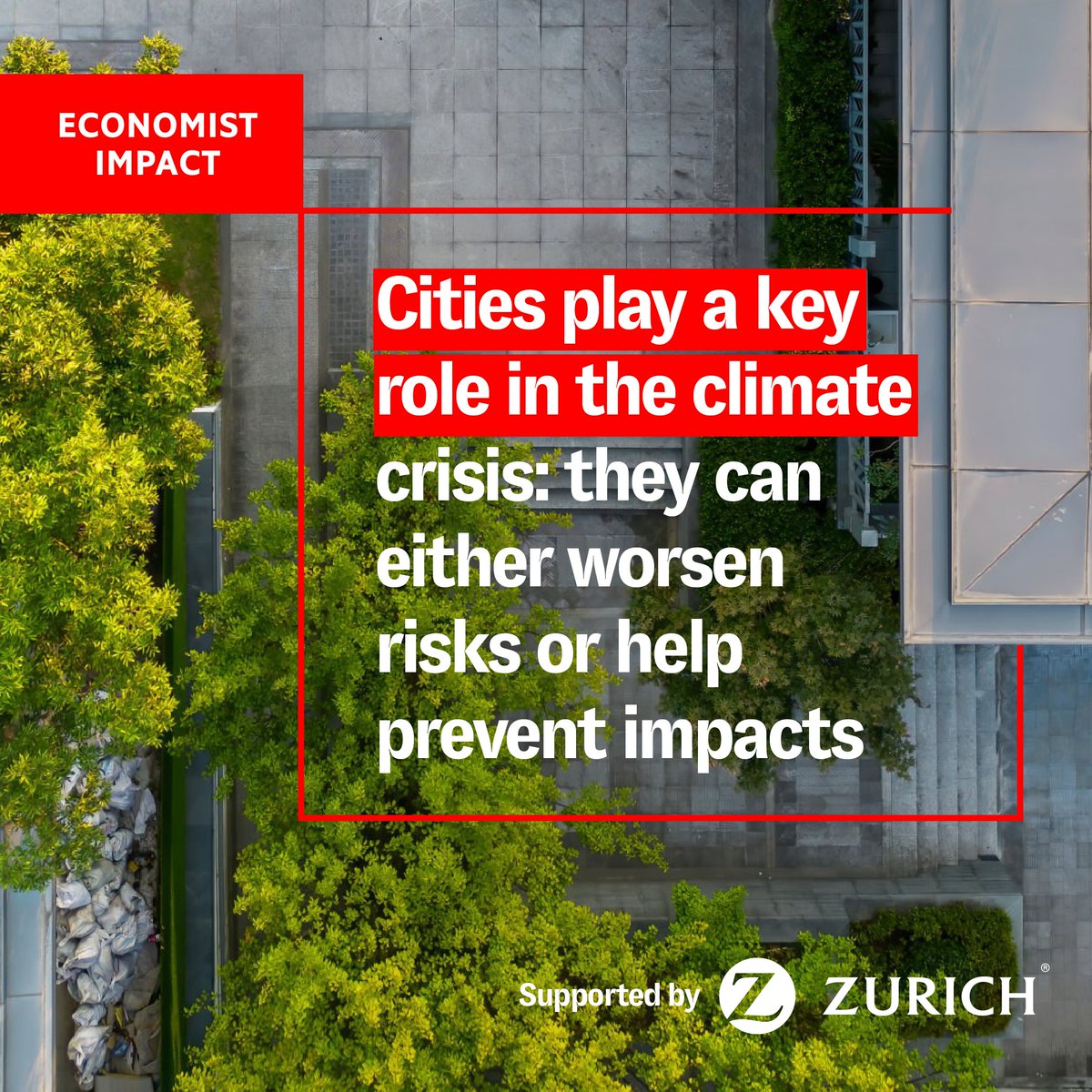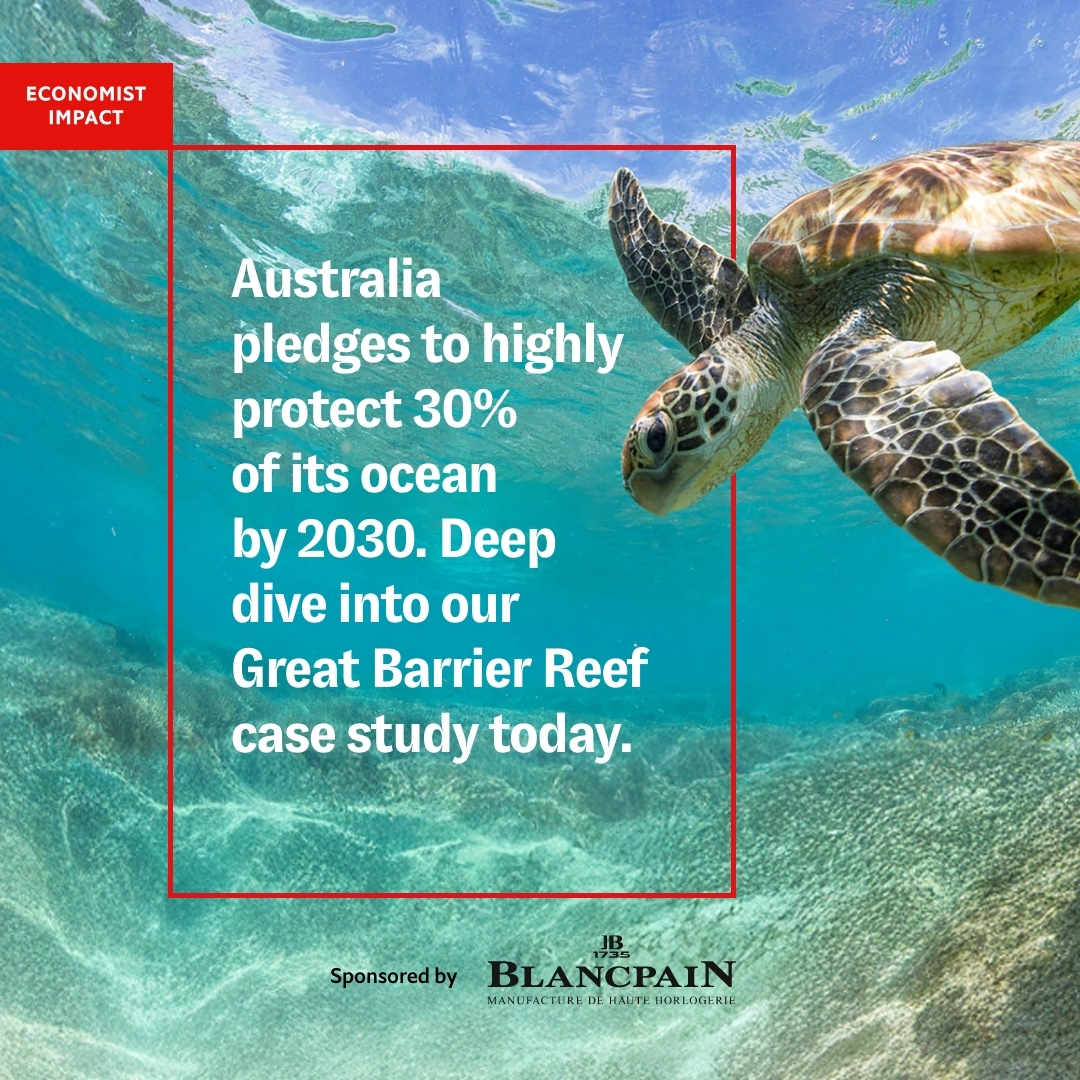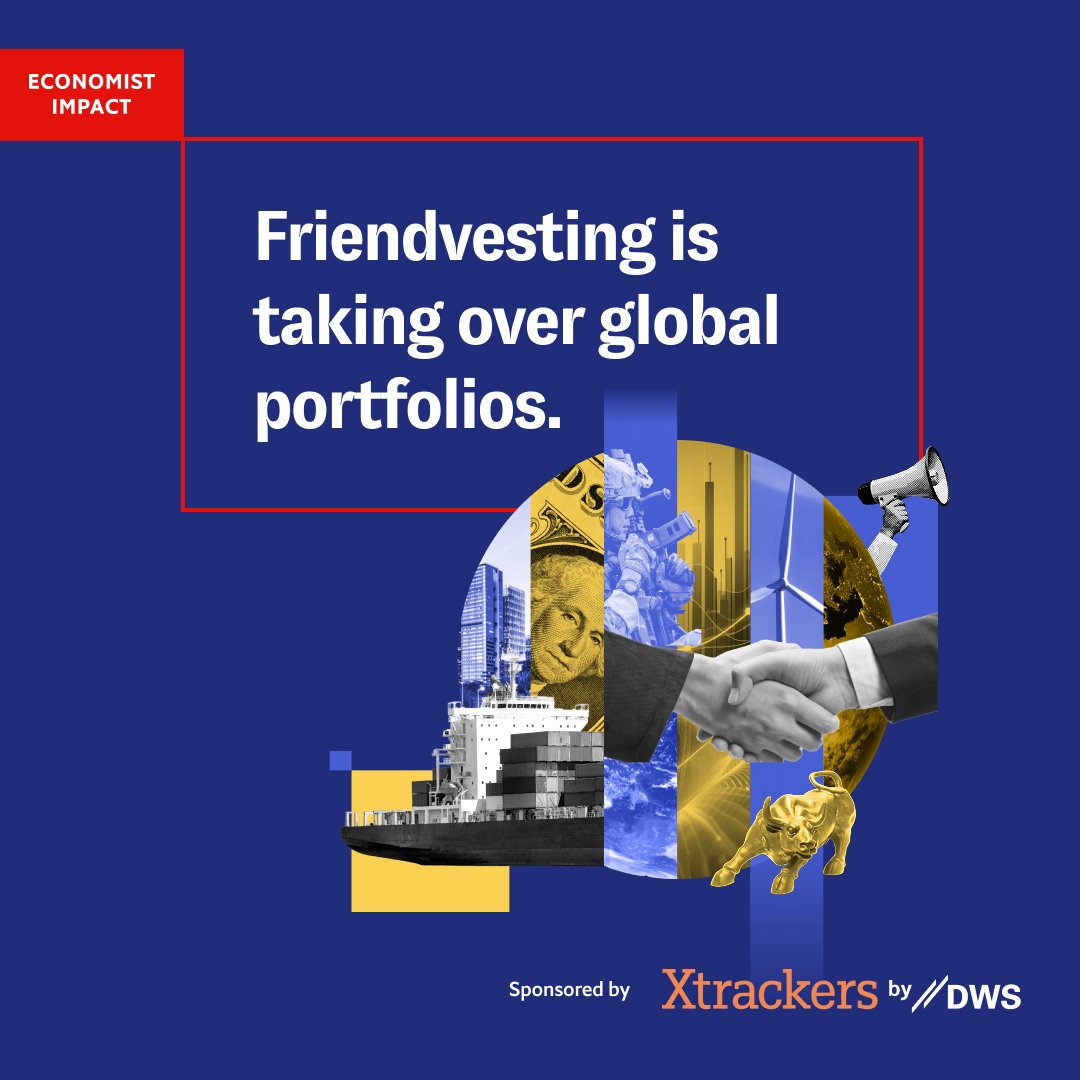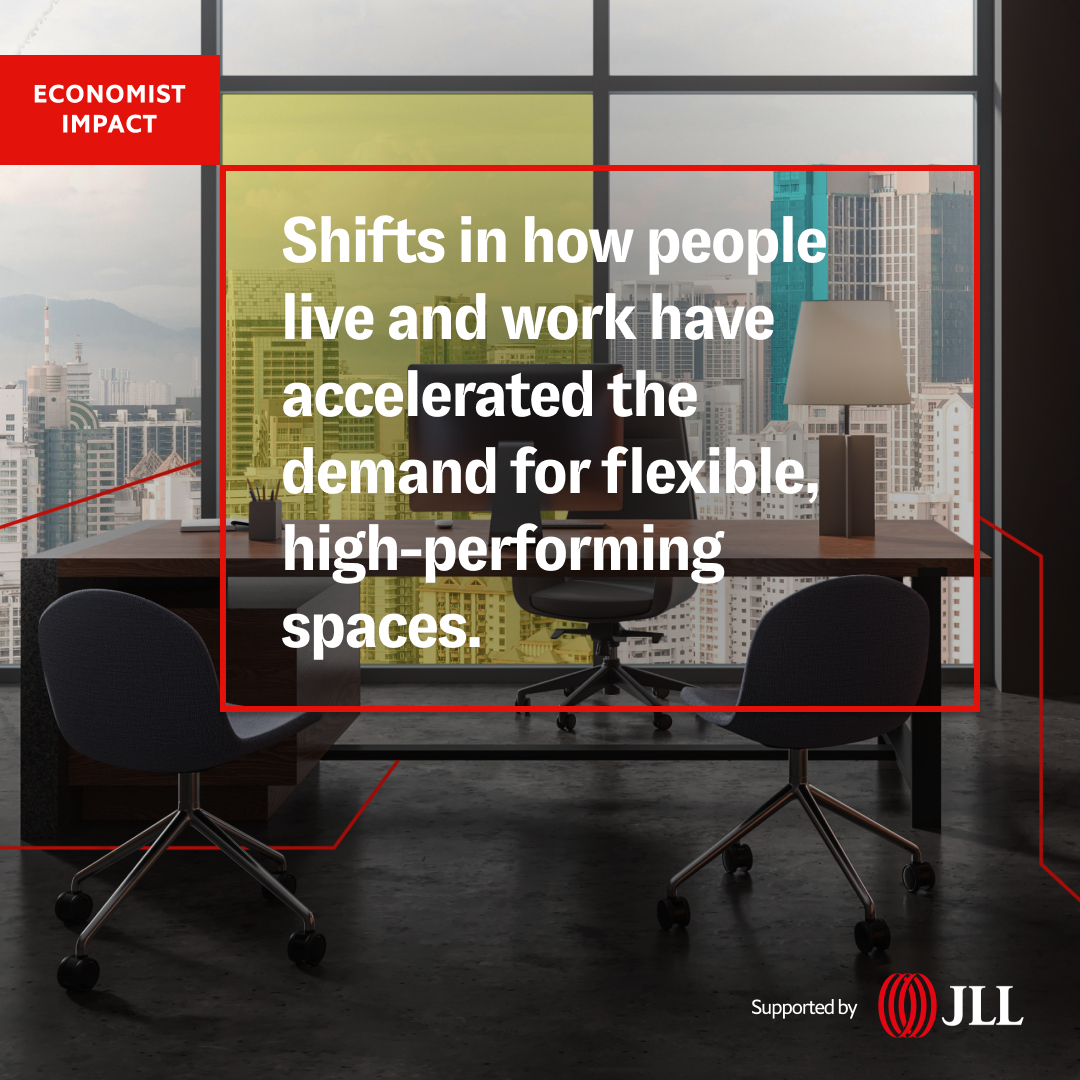
Economist Impact
@economistimpact
We combine think-tank rigour, media brand creativity and global influence to catalyse growth and change in the world. Part of @TheEconomist Group.
ID: 29998941
http://www.economistimpact.com 09-04-2009 14:56:18
9,9K Tweet
242,242K Followers
314 Following



We’re proud that Growth at a Crossroads: measuring the cost of financial fragmentation, supported by Swift, has been shortlisted for a World Media Group & World Media Awards Award in the financial services category. The study explores how rising geopolitical tensions, regulatory divergence
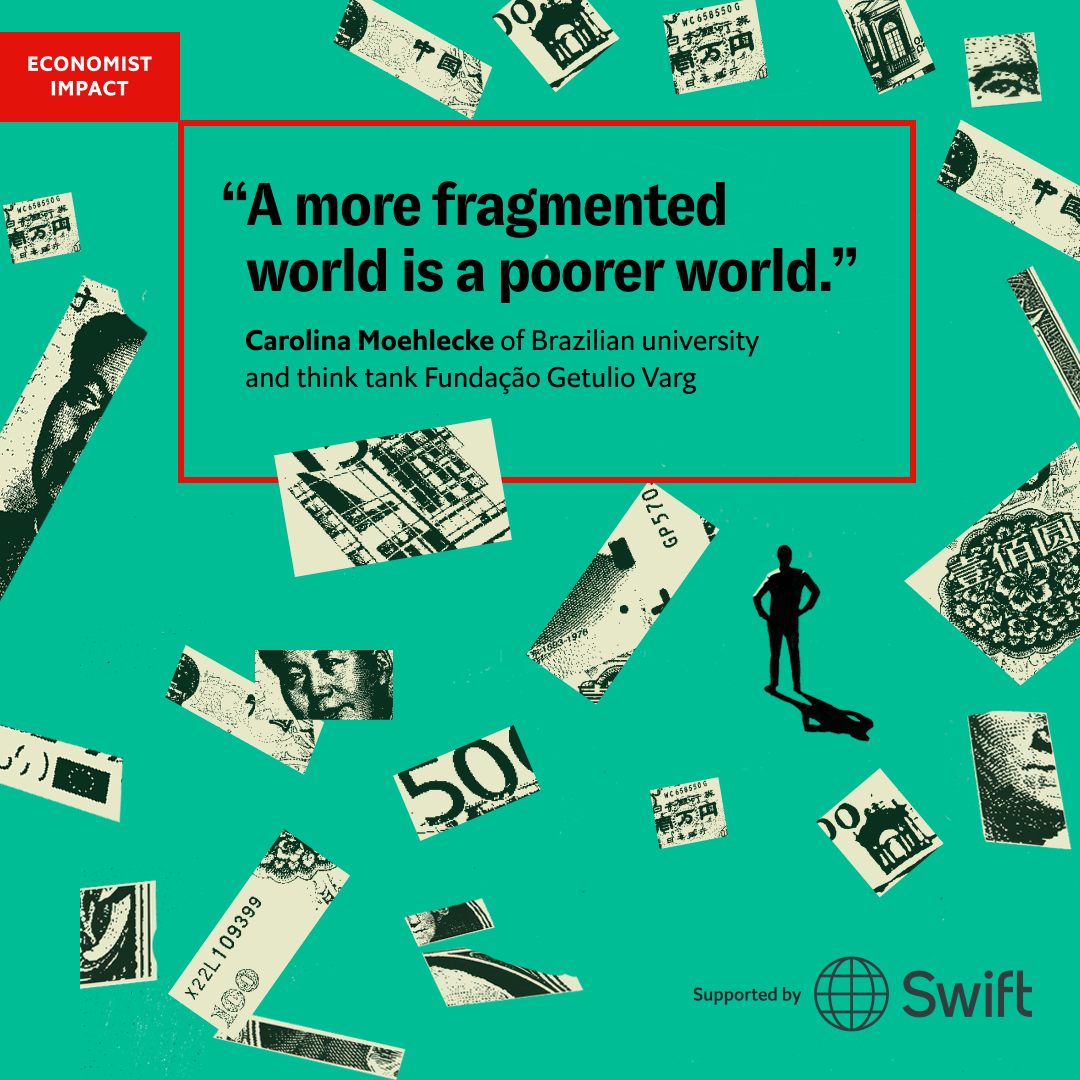

Speaking at Sustainability Week London, Adair Turner, Chair, Energy Transitions Commission, observed a widening gap: “Technology has surged ahead. Politics has stumbled.” After years of rising climate ambition, geopolitical shocks and populist pressures are now slowing progress. With net zero




Sustainability has moved from the margins to the core of construction. Joanna Gilroy, Group Director of Sustainability at Balfour Beatty, explains how dedicated in-house teams—spanning carbon, environment and social impact—are helping tackle key challenges and share that

As AI grows more powerful, its hunger for electricity is reshaping geopolitics and infrastructure. The new arms race is not for chips or data—but for clean, constant power. Who will control the energy that powers intelligence? econimpact.co/ZL Supported by Schneider Electric
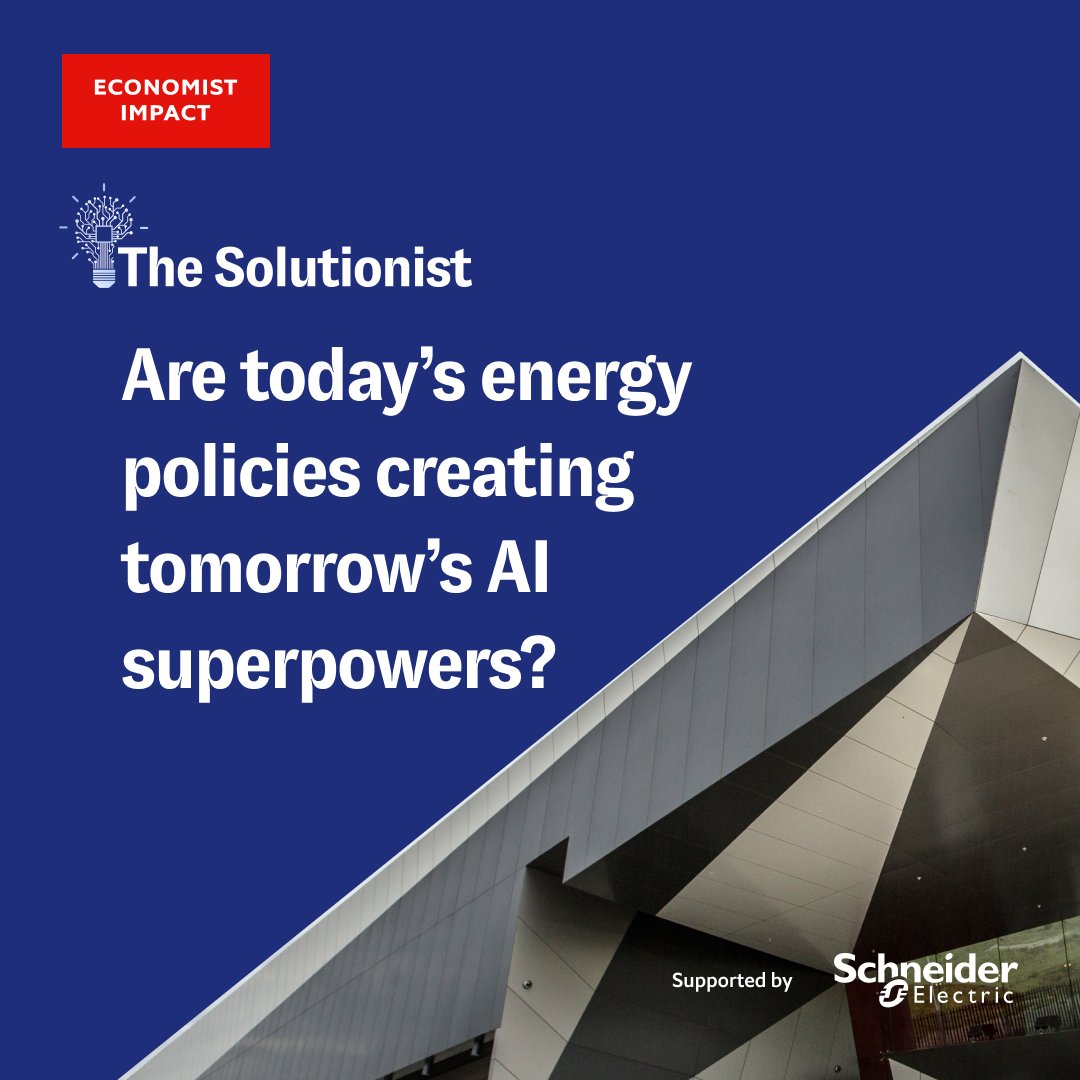



Hanne Sondergaard, EVP at Arla Foods UK, made a clear call: “It starts with data.” Tracking climate at the farm level is essential to create the right incentives—helping farmers act in ways that benefit both the environment and their bottom line. Can data transform agriculture?

We’re proud that The Sustainability Atlas, developed by Economist Impact in collaboration with Infosys, has been shortlisted for a World Media Group & World Media Awards Award in the Brand & Media Owner Partnership category. The Atlas uses generative AI to deliver clear, data-driven answers to key



Sustainability is no longer just about the environment—it’s about business survival. Companies that want to stay profitable and resilient for the next 50 or 100 years must embed sustainability at their core. Joanna Gilroy, Group Director of Sustainability at Balfour Beatty,

Economist Impact’s “Resilience from the ground up” programme, supported by Zurich Insurance, has been shortlisted in the Social Good category at the World Media Group & World Media Awards Awards. It explores how cities can face climate change—not just as sources of risk, but as engines of resilience. Drawing
